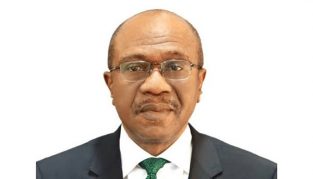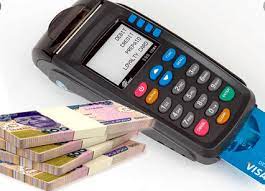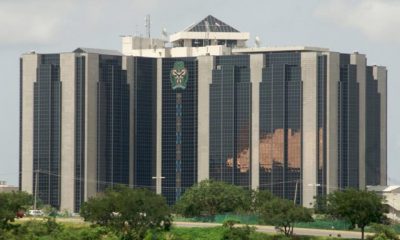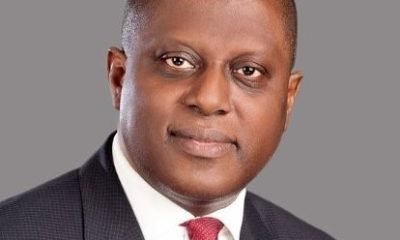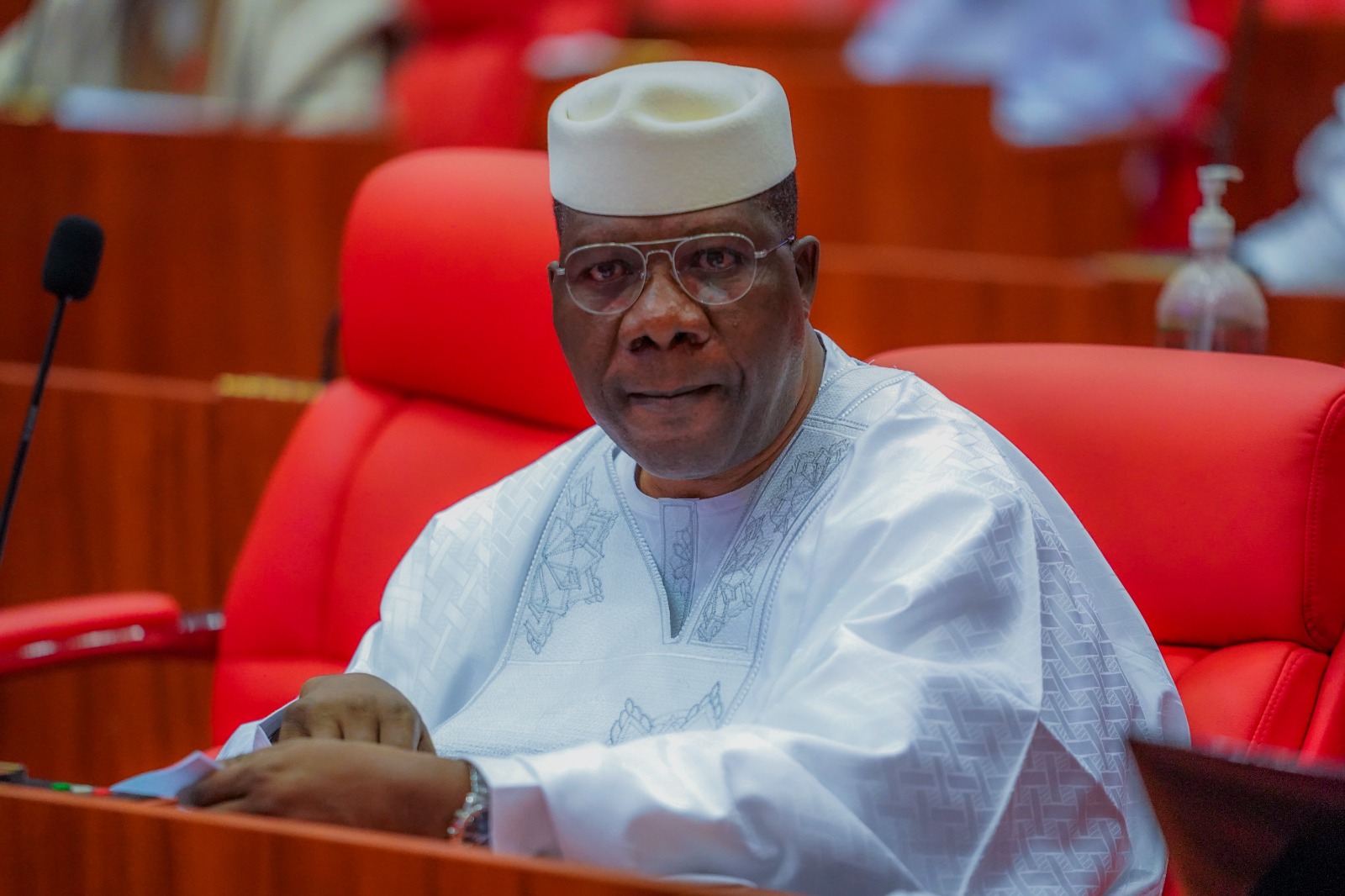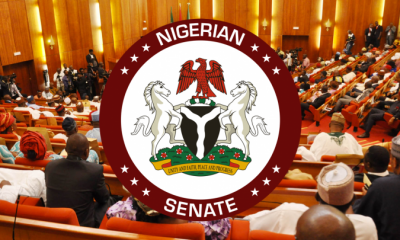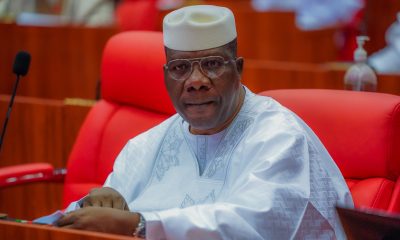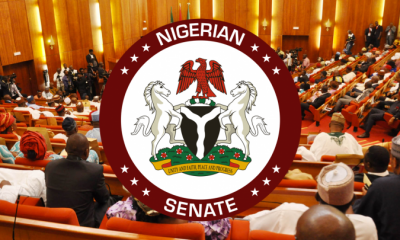Governor of the Central Bank of Nigeria, CBN, Godwin Emefiele has said that the newly-introduced policy on cash withdrawal limit was not meant to hurt anybody but to strengthen the nation’s economy.
The CBN governor, who stated this while speaking with State House correspondents after meeting behind closed-doors with President Muhammadu Buhari in Daura, Katsina State, assured that the apex bank will not be rigid on the policy following criticism from the Senate, business experts and some stakeholders.
Recall that the CBN had, on Tuesday, unveiled a revised cash withdrawal limit with a maximum of N100,000 cash withdrawal per week for individuals and N500,000 cash per week for corporate bodies.
But the Senate faulted the bank on the grounds of timing, arguing that it might worsen the tight economic environment.
Besides, stakeholders have expressed worry about the possibility of implementing hitch-free cash withdrawal limits in communities with ‘blind spots or poor network connectivity.’
However, the CBN governor explained that more and more countries that are embracing digitization have gone into cashless and that this policy not targeted at anybody.
Emefiele, who said he visited Daura to greet Mr. President and to brief him about what is happening in Central Bank and the economy, revealed that President Buhari was very happy “and said we should carry on our work, no need to fear, no need to bother about anybody.”
He said that the new policy of the apex bank is for the good and development of the Nigerian economy, adding “we can only continue to appeal to Nigerians to please see this policy the way we have presented it.”
Responding to the objection of the Senate, he said, “Well, the Senate of the Federal Republic is the National Assembly.
“They are legislative arm of the government and from time to time we brief them about what is happening and about our policies and I’m aware that they have asked for some briefings and we will brief them.
“But I think it’s important for me to say that the cashless policy started in 2012.
“But almost three to four occasions we had to step down the policy because we felt that there is a need for us to prepare ourselves and deepen our payment system infrastructure in Nigeria.
“Between 2012 and now 2022, almost about 10 years, we believe that a lot of electronic channels have been put in place that will aid people in conducting banking and financial service transactions in Nigeria.
“We heard about people talk about some of the people in the rural areas and the truth is that even online banking; as I was coming out to Daura, I saw a kiosk that has super agent today.
“It’s because of the way we felt that there was a need for us to deepen the payment system infrastructure.
“We have 1.4 million super agents that are all over different parts of the country, all local governments, and all villages in this country.
“And I have told my colleagues, some of their names are already on the CBN website and we will publish all the names of all the super agents.
“And having super agent which is different from the banks which is different from microfinance banks, which is different from other financial institutions.
“Having 1.4 million of them is as good as having 1.4 million banking points where people can conduct services.
“We think, Nigeria as a big country, the biggest economy in Africa that we need to leapfrog into the cashless economy.
“We cannot continue to allow a situation where over 85 per cent of the cash that is in circulation is outside the bank. More and more countries that are embracing digitisation have gone into cashless.”
“We will be reviewing from time to time how this is working because I cannot say that we are going to be rigid.
“But it is not to say that we will reverse, it is not to say that we will change the timing, but whether it is about tricking some amount to be a little bit higher or a little bit lower, and all the rest of them.
“We will do so because we are humans, we want to make sure that we are make life good for our people.
“We do not want to make life difficult for them. So there is no need for anybody to worry, the central bank is monitoring what is happening and I can assure everyone that we are up and alive to our responsibilities and we will do what is right for Nigeria and Nigerians.
“We do not want to make life difficult for them. So there is no need for anybody to worry, the central bank is monitoring what is happening and I can assure everyone that we are up and alive to our responsibilities and we will do what is right for Nigeria and Nigerians.”
“I can only just assured you that it will go round, let us just be calm, luckily the old currency continued to be legal tender till January 31, 2023.
“So, I want to crack a joke, both the painted (new notes) and unpainted (old notes) will operate concurrently as a legal tender.
“But by January 31, the unpainted one will not be useful you again, so please take it to your bank as quickly as possible,” he added.
